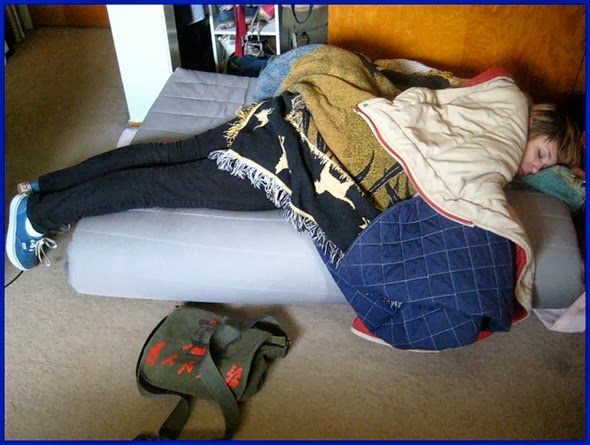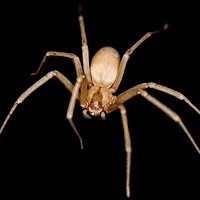How to Get Good Sleep Every Night
Photo Credit: bennett @ flickr under CC license.
Like other illness, sleeplessness is an indication of another physical or emotional problem. It can result from something as simple as anticipating a stressful event, like an exam or a serious business meeting, or from chronic stressful situation like a unhappy married life. Many other causes of insomnia include background disturbances, such as noise, temperature, bright lights, consumption of alcohol or stimulants, caffeine or nicotine, and air travel takes people across time zones.
Short Term Insomnia: In infrequent occurrences short term wakefulness may go away on its own or with adequate alterations in daytime or sleep time behaviors.
Sleep Apnea: It is among the most popular and most dangerous types of sleep disorder, which is perceptible by repeated episodes of cessation of breathing during sleep that over time can pointer to high blood pressure, heart attack, and muddled thinking. Not as short term insomnia, chronic insomnia is often a symptom of a serious underlying medical condition. Depression and another psychiatric complaints account for different cases of sleeplessness as read only visible disorders, such as asthma, stiffness, Parkinson's disease, kidney disorder or heart attack, and hyperthyroidism.
Just as snoring is not always an indication of unsafe apnea, neither is a sleepless night or two necessarily a medical emergency. Occasionally sleep patterns vary based on common factors like age and lifestyle. If these habits variations don't work, the cautious use of sleeping pills permitted by the Food and Drug Administration may provide temporary release from insomnia. A doctor can help determine appropriate treatment. The important point to think is the medicine’s half-life, or the time it takes to be empty from the human body.
Drugs with quicker half-lives are less probable to have carried over sedation that affects daytime functioning. Due to the drug's toxicity, these sleeping tablets should be consumed only for short phases because of the risk of rising dependence and withdrawal indications when the medicines are stopped. Mild cases of sleep apnea can sometime be treated by making decent behavioral variations, such as keep away from alcohol, tobacco, and sleeping tablets; losing body weight, and sleeping on one side. Similarly, oral tools to avoid block of the airway by holding the tongue or jaw forward may assist with light instances.
Surgery is needed to enlarge the size of the airway is more viable option for sleep apnea cure. The taking the adenoids and tonsils away, particularly in kids, or other growths or tissue in the airway is sometimes useful, as are other, slightly more risky surgical procedures, including "uvulopalatopharyngoplasty" and tracheotomy for the most serious cases.
Other typical recognized practices of counting sleep or doing another such mundane exercise may help induce sleep. Here are some extra suggestions to help you to reach your paradise.
# Won't take dozes during the afternoon for more than 30 minutes.
# Wake up about the unchanged time each day, still on vacations, to regulate the sleep schedule.
# Make assured your bed is comfy, and the bedroom is encouraging to restful sloop, quiet and at a suitable temperature.
# Go to bed only when you tired. If you can't drop slumbering within 10 to 15 minutes, get out of bed and glance at a book or perform different relaxing pastime for some time, rather than annoying harder to fall asleep.
# Use your bed only for sleeping. To maintain the relationship between the bed and slumber, don't look at TV or do any other work in bed.
# Before going to bed, attempt as much as possible to put your concerns out of your thoughts and want to send them another time.
# Carry out calming routines before going to bed, such as taking a hot shower, pay attention to relaxing music, or having a light snack.
# Won't do physical exercise within four to six hours before bedtime. Exercise earlier in the day, though, not only doesn't delay slumber, but can certainly grow it.
# Avoid caffeine, smoking, and liquor for 4 to 6 hours before time to retire. The first two are energizers that can do it difficult to sleep. And while spirits may have a sedating impact at first, it leads to interrupt sleep after several hours.



Comments